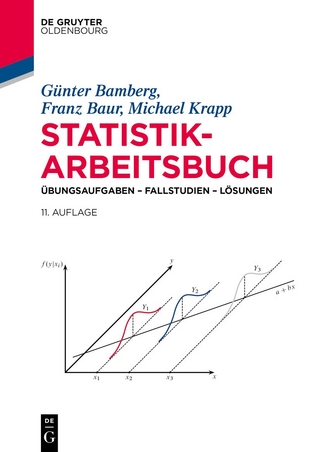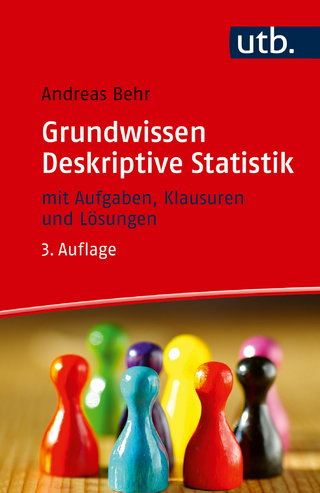
The Black–Scholes–Merton Model as an Idealization of Discrete-Time Economies
Cambridge University Press (Verlag)
978-1-108-48636-1 (ISBN)
This book examines whether continuous-time models in frictionless financial economies can be well approximated by discrete-time models. It specifically looks to answer the question: in what sense and to what extent does the famous Black-Scholes-Merton (BSM) continuous-time model of financial markets idealize more realistic discrete-time models of those markets? While it is well known that the BSM model is an idealization of discrete-time economies where the stock price process is driven by a binomial random walk, it is less known that the BSM model idealizes discrete-time economies whose stock price process is driven by more general random walks. Starting with the basic foundations of discrete-time and continuous-time models, David M. Kreps takes the reader through to this important insight with the goal of lowering the entry barrier for many mainstream financial economists, thus bringing less-technical readers to a better understanding of the connections between BSM and nearby discrete-economies.
David M. Kreps is the Adams Distinguished Professor of Management, Emeritus at the Graduate School of Business, Stanford University, California. He has been honored with many awards, including the John Bates Clark Medal by the American Economic Association in 1989 and the Carty Prize for the Advancement of Science by the National Academy of Sciences in 2018.
1. Introduction; 2. Finitely many states and dates; 3. Countinuous time and the Black-Scholes-Merton (BSM) Model; 4. BSM as an idealization of binomial-random-walk economies; 5. Random walks that are not binomial; 6. Barlow's example; 7. The Pötzelberger-Schlumprecht example and asymptotic arbitrage; 8. Concluding remarks, Part I: how robust an idealization is BSM?; 9. Concluding remarks, Part II: continuous-time models as idealizations of discrete time; Appendix.
| Erscheinungsdatum | 19.09.2019 |
|---|---|
| Reihe/Serie | Econometric Society Monographs |
| Zusatzinfo | Worked examples or Exercises; 1 Tables, black and white; 7 Line drawings, black and white |
| Verlagsort | Cambridge |
| Sprache | englisch |
| Maße | 157 x 235 mm |
| Gewicht | 430 g |
| Themenwelt | Wirtschaft ► Betriebswirtschaft / Management |
| Wirtschaft ► Volkswirtschaftslehre ► Ökonometrie | |
| ISBN-10 | 1-108-48636-3 / 1108486363 |
| ISBN-13 | 978-1-108-48636-1 / 9781108486361 |
| Zustand | Neuware |
| Haben Sie eine Frage zum Produkt? |
aus dem Bereich


